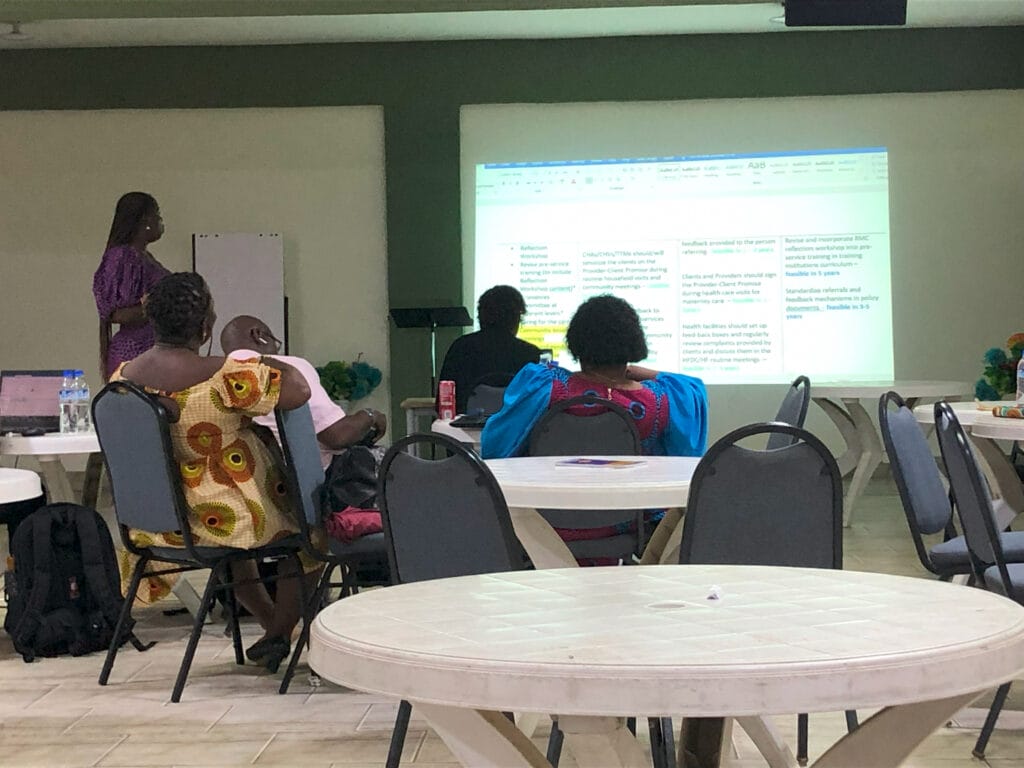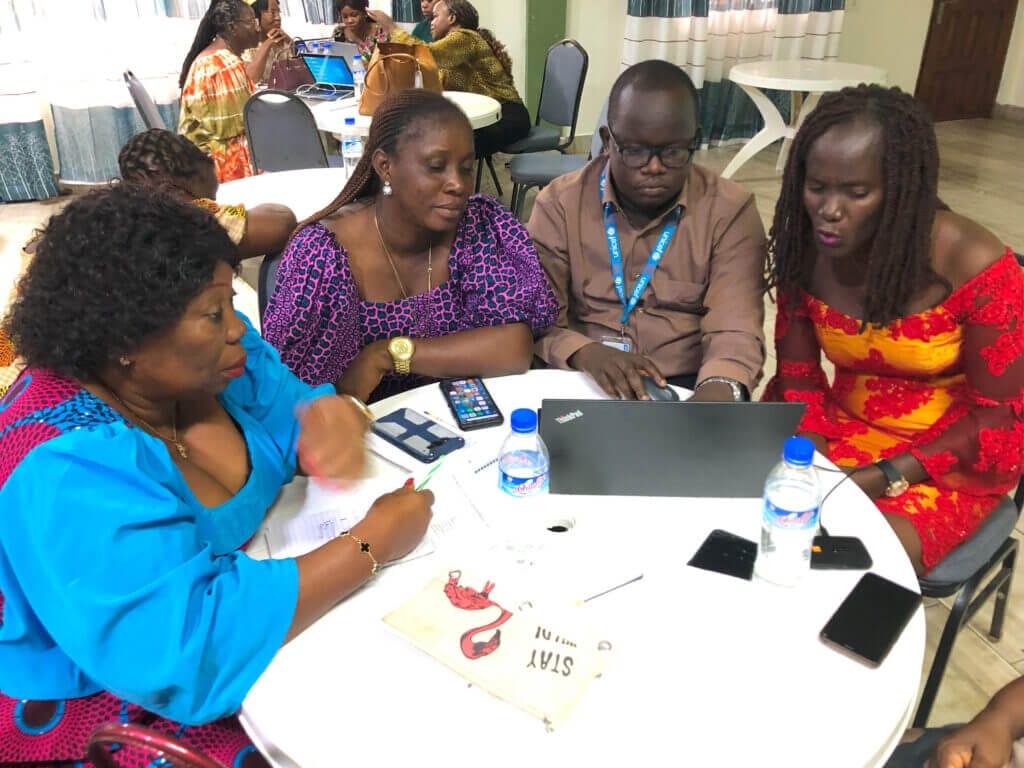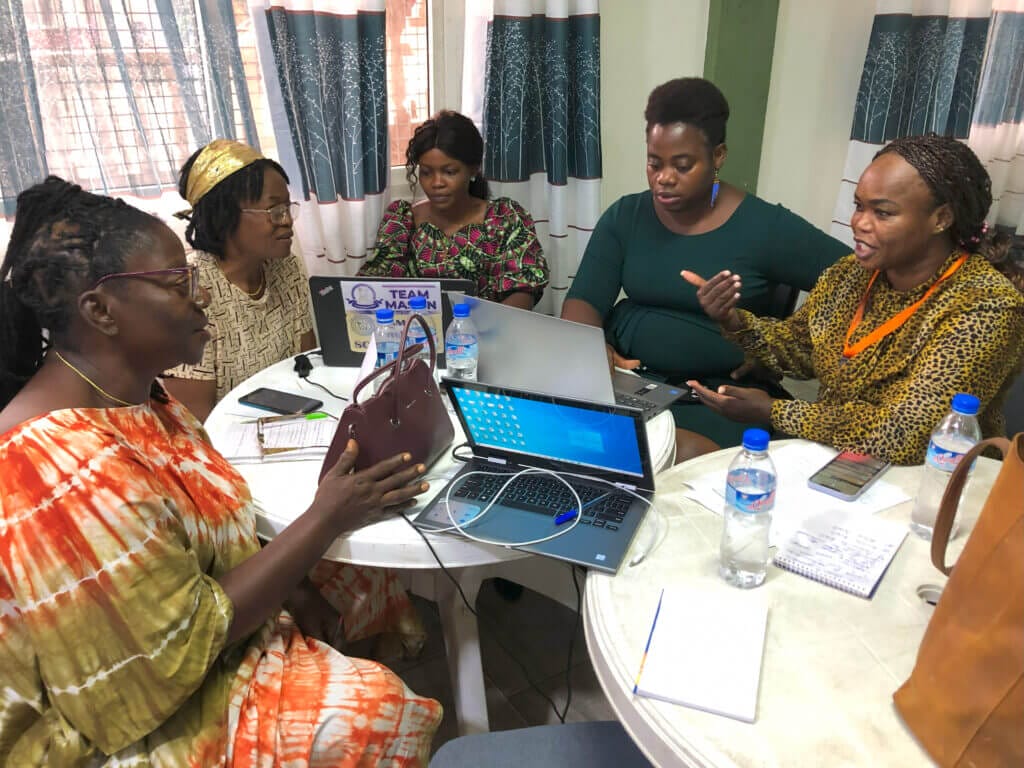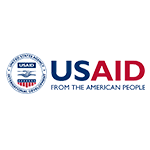Supporting a National Respectful Maternity Care Strategy in Liberia
HIGHLIGHTS
- Around the world, women experience disrespect and abuse during childbirth. But few countries have sought to develop robust, national strategies for Respectful Maternity Care (RMC).
- Building on our work with Breakthrough ACTION, ideas42 sought to support the Liberia Ministry of Health as it developed a national strategy to promote RMC.
- The final strategy—which will be implemented over the next five years— demonstrates the promise of behavioral science as a foundation for health strategy development.
The Challenge
In Liberia, as around the world, women experience disrespect and abuse during childbirth in health facilities. While several studies have highlighted promising approaches to promote Respectful Maternity Care (RMC), this body of evidence is still limited and few approaches have been developed and scaled.
Even fewer countries have sought to develop robust, national strategies articulating not only their commitment to RMC but also a solution-driven path to achieving stated aims. Building on behavioral science-informed research and program implementation through our work with the USAID-funded Breakthrough ACTION and Breakthrough RESEARCH projects, ideas42 sought to support the Liberia Ministry of Health as it developed a national strategy to promote RMC.
Our Approach
Through consultative meetings with stakeholders and participatory writing workshops, we supported the Ministry of Health to develop the finalized strategy. The strategy outlines Liberia’s plan and priorities for implementing an RMC approach, including identifying specific interventions that can uphold the rights of pregnant women throughout the continuum of care.
Results
The final strategy identifies relevant interventions for the Ministry of Health to implement over the next five years, including our adapted RMC solutions as well as a set of solutions we developed to support facility-based delivery in Liberia.
Takeaway
Behavioral science can be used as a foundation for health strategy development. This work builds on our successes promoting RMC in Liberia and Zambia and demonstrates the importance of policy efforts to support and scale promising behavioral solutions and instill change.
Interested in our work applying behavioral science to global health? Email gh@ideas42.org, follow us on LinkedIn, or tweet at @ideas42 to join the conversation.
Partners









